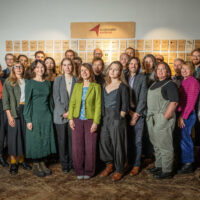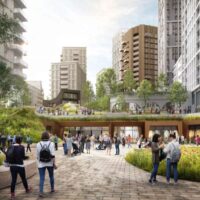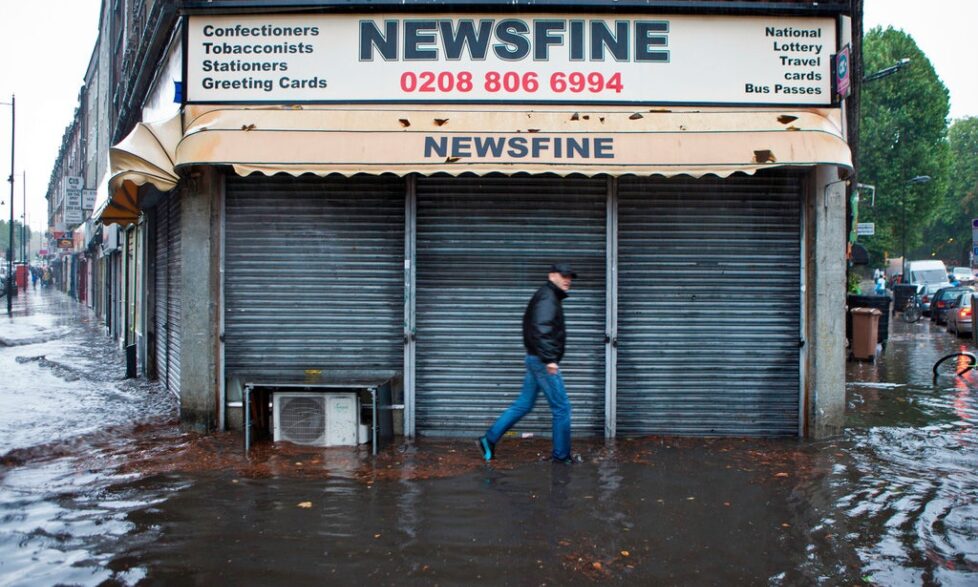The IPCC has shown it is still possible to secure a liveable future – we have to seize this opportunity
The Intergovernmental Panel on Climate Change’s Sixth Assessment Report on Impacts, Adaptation and Vulnerability, released this month, warns that we face a "rapidly closing window to secure a liveable future". It is, understandably, a tough read. If you’re after a concise summary of the IPCC’s findings, we recommend Professor Kimberly Nicholas’s live Twitter thread.
As James Murray of Business Green observed, it’s difficult to find new words to convey scientists’ warnings. The "end times" thesaurus is almost depleted, from 2021’s "code red for humanity" to this year’s warning of a new "atlas of human suffering".
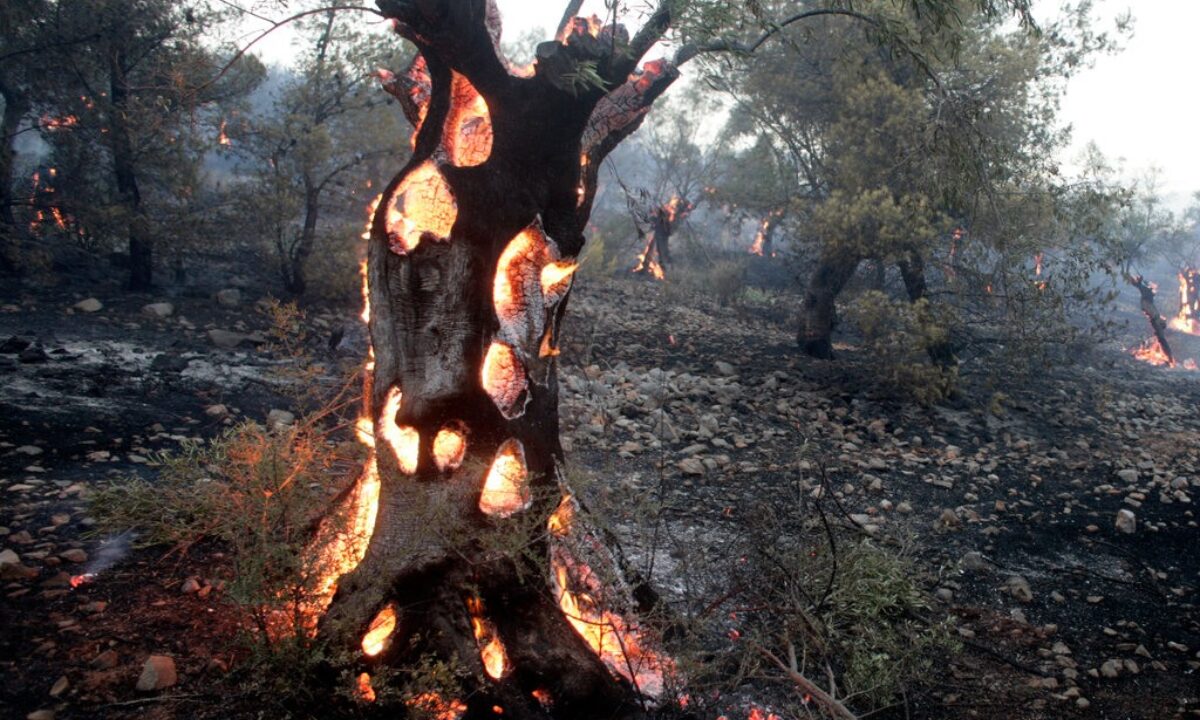
However, as the IPCC made clear, there is still time – but only just – to rapidly cut our carbon emissions. The report is both "an indictment of inaction AND a compelling roadmap to building climate-resilient development", the academic Andrew Revkin noted.
This report makes it crystal clear that adapting to the impacts of climate change cannot be an afterthought and must be a priority across all areas of government policy.
Nick Molho, Executive Director of The Aldersgate Group
From our work at Bioregional, we know that meaningful change is possible, to enable people to live happy, healthy, and sustainable lives within the limits of our planet’s resources.
Based on socioeconomic circumstances, adaptation and sustainable development actions will provide multiple benefits including for health and well-being, particularly when supported by national governments, nongovernmental organisations and international agencies that work across sectors in partnerships with local communities.
IPCC report
- All businesses and organisations can commit to the race to zero and take action to measure and reduce their carbon footprint. Not only their 'scope 1' and 'scope 2' emissions – direct fuel consumption and electricity use, but also 'scope 3' emissions – indirect emissions from value chains and products. Get in touch to learn how we can help.
- The Science Based Targets initiative (SBTi) has set out the pace and scale of the cuts in carbon emissions needed to limit global temperature rises to 1.5-degrees and will approve carbon reduction strategies that align with this trajectory. The SBTi’s new definition of ‘net zero carbon’ requires real cuts of at least 90% before offsets can be used and will transform how businesses are seen to respond to the climate emergency. Check out our blog piece on the recent changes published by the SBTi.
Urgent action is required from governments, business and civil society to deal with increasing risks.
Julie Hirigoyen, Chief Executive Officer of UKGBC
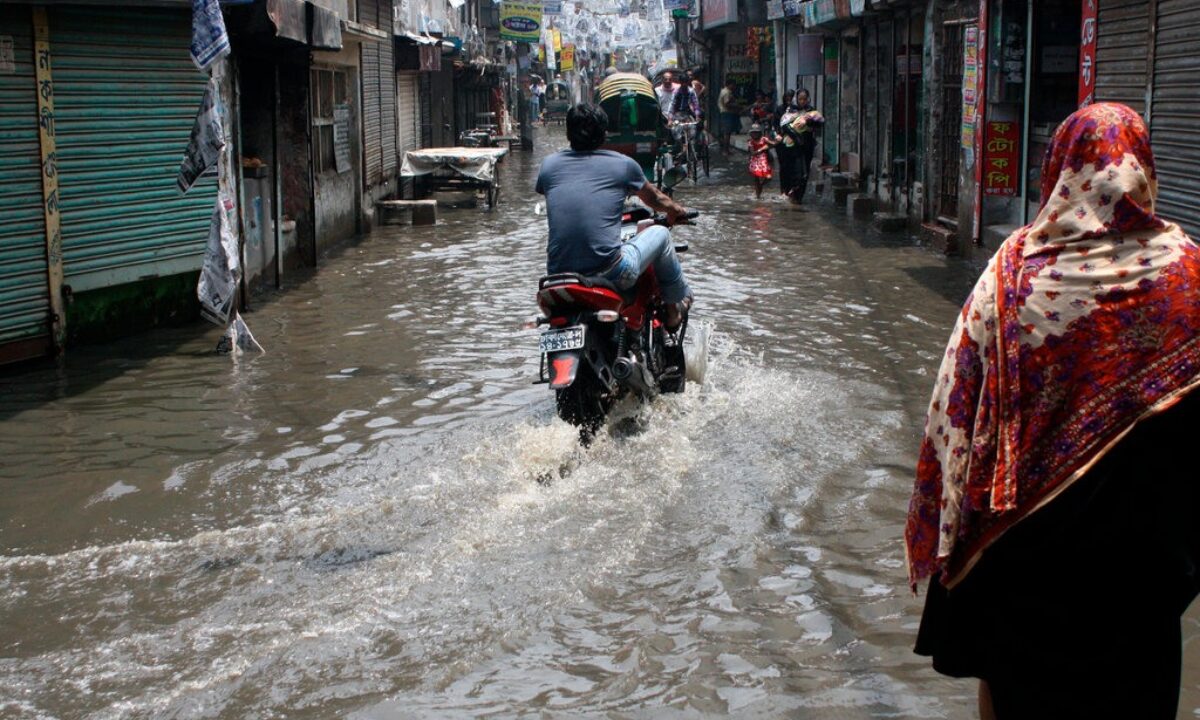
In our towns and cities, we know it is possible to radically reduce the carbon cost of constructing and heating our homes and buildings, activity that accounts for nearly 40% of the world’s carbon footprint.
"This means ensuring that all new homes are zero carbon and existing homes are properly insulated," says Bioregional’s CEO, Sue Riddlestone OBE. "With the right policies in place, we can advance climate-resilient development, drive integrated and inclusive planning, and support a just transition to a zero-carbon built environment."
If you’re a local authority, particularly one of the many that has declared a climate emergency but may not know what the next step is – then we can help. Robust and targeted Local Plan policies are an integral part of sustainable placemaking. Our team can help you to map the carbon impact of new development and create the evidence base and policies to create a Local Plan that supports the transition to net zero.
- New development needs to be zero carbon – both in construction (embodied carbon) and operation – and it can be done. For example, Springfield Meadows, a Global Leader in One Planet Living locks up carbon during the build phase and is a net exporter of energy. If you’re a developer needing guidance on where to begin, then our consultancy services are the place to start. Forget box-ticking – we create impactful sustainability strategies for market-leading developments that emphasise people, planet and placemaking.
- And of course, we must take action to retrofit our existing homes. The UK has some of the leakiest buildings in Europe, and even those that should meet current insulation standards often fall short. Insulating homes to net zero will drastically cut carbon emissions while providing much-needed green jobs and addressing fuel poverty. We’ve worked on a number of retrofit projects, including a much-needed pilot in retrofitting social housing. Get in touch at the bottom of this page to see how we could help.
Taking integrated action for climate resilience to avoid climate risk requires urgent decision making for the new built environment and retrofitting existing urban design, infrastructure and land use.
IPCC report

Equitable partnerships between local and municipal governments, the private sector, Indigenous Peoples, local communities, and civil society, can advance climate-resilient development by addressing structural inequalities, insufficient financial resources, cross-city risks and the integration of Indigenous knowledge and Local knowledge.
IPCC report
The challenge is huge, but we know – from having worked with partners to enable sustainable living for almost 30 years – that change is possible. Every tonne of carbon saved matters. Every fraction of a degree matters. It is time for us all to step-up and become climate leaders.
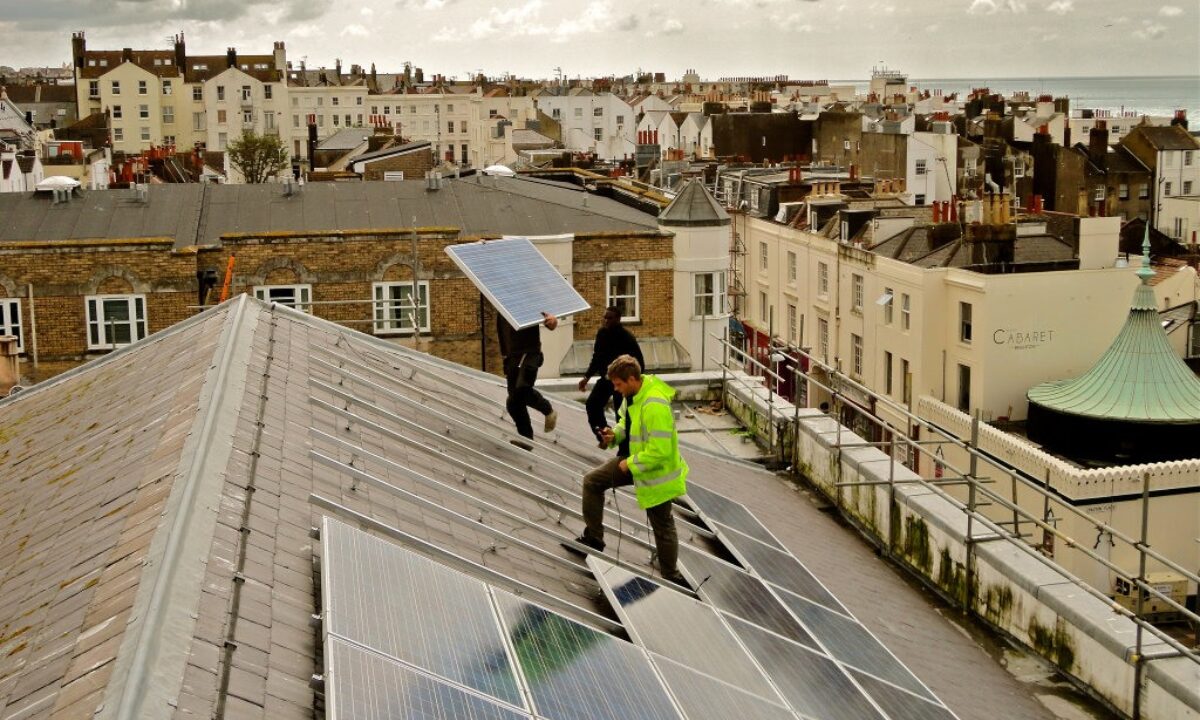
Image credits in order of appearance: Andrew Aitchinson / Alamy via Climate Visuals, Milos Bicanski via Climate Visuals, Mamunur Rashid / Alamy via Climate Visuals, Eddie Zhang via Unsplash, Ruth Knight via Climate Visuals

